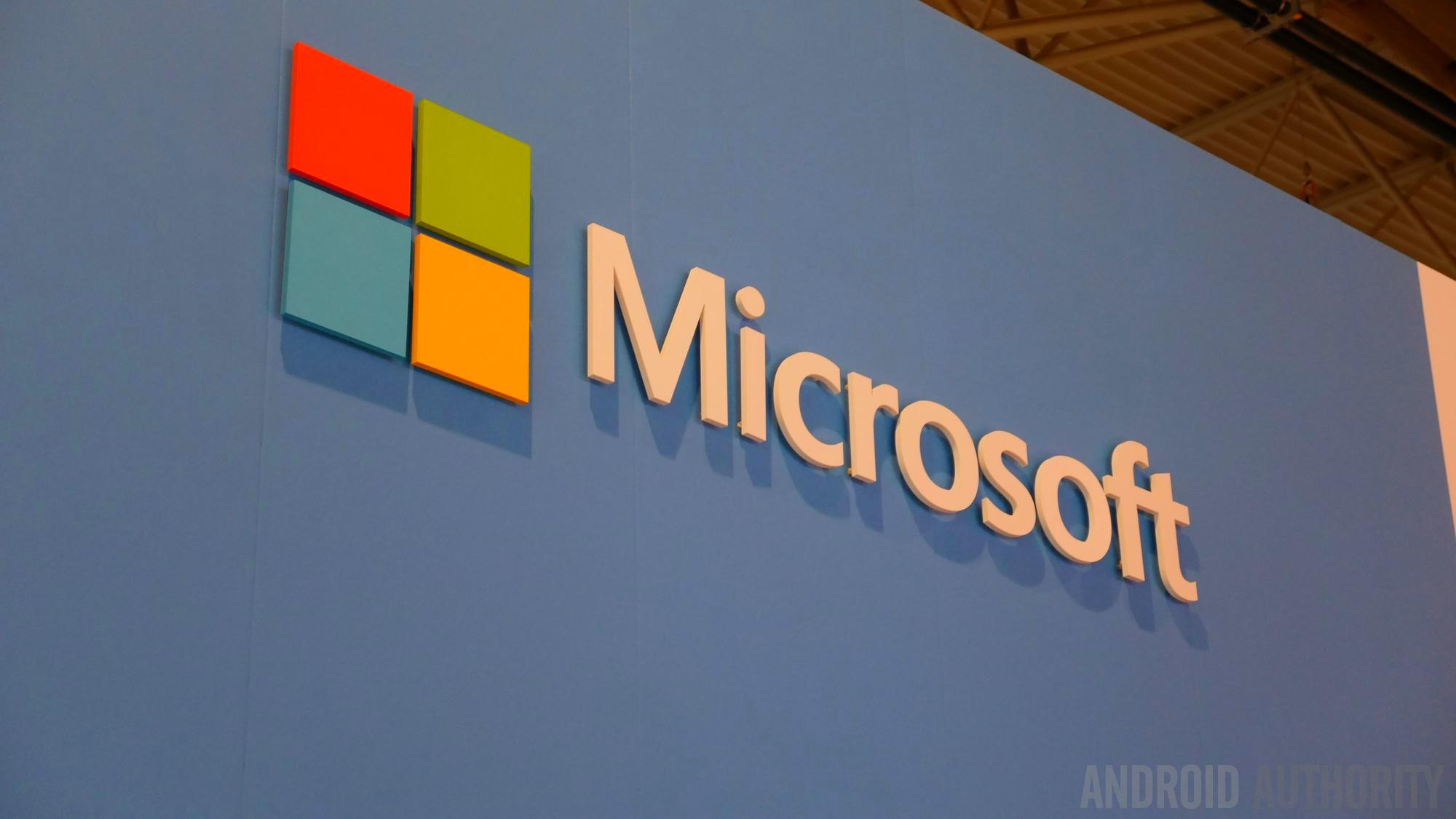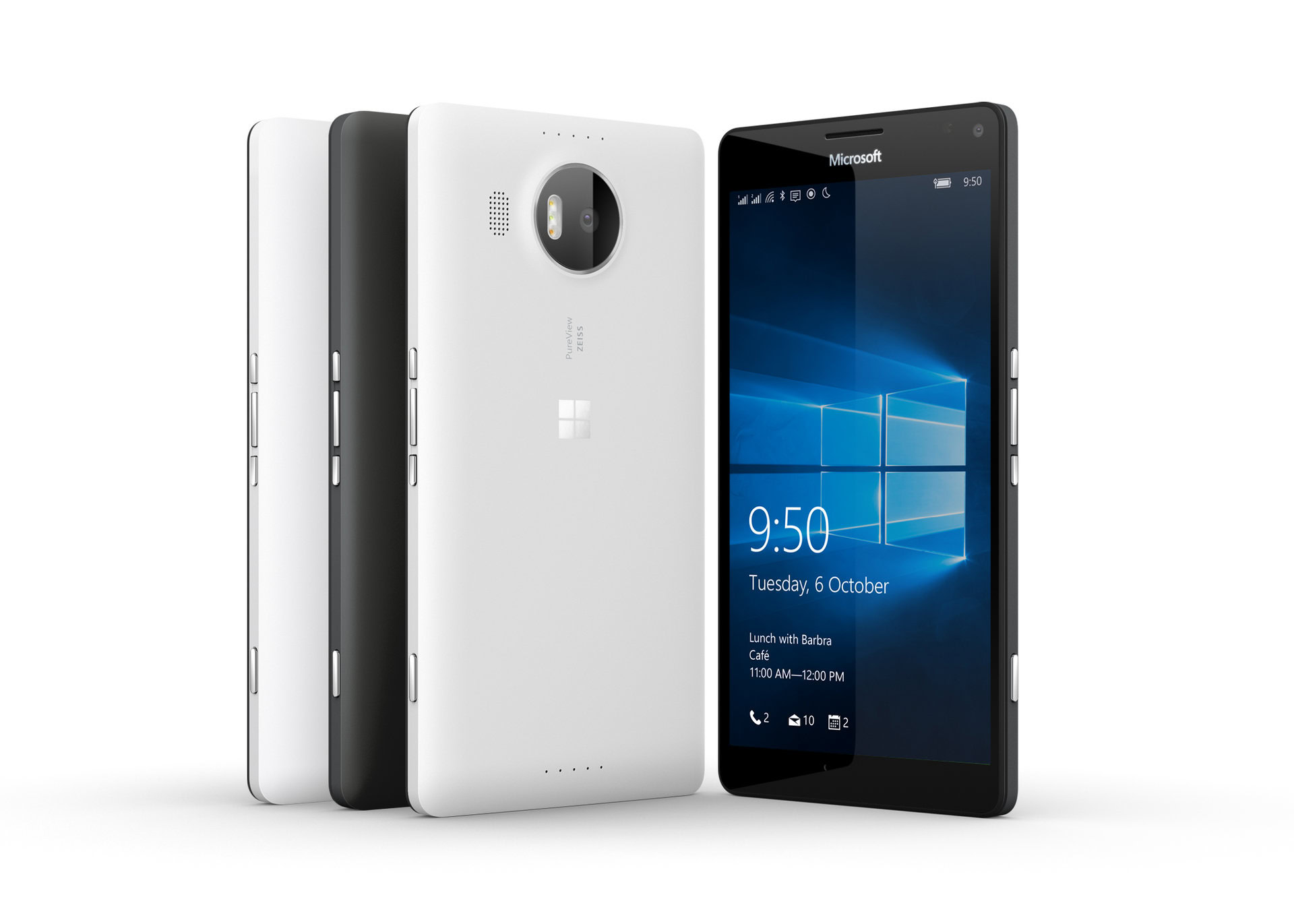Affiliate links on Android Authority may earn us a commission. Learn more.
Microsoft is scaling back its smartphone efforts, now aiming primarily at enterprise
Published onMay 25, 2016

While Microsoft’s rise to dominance in the PC world has largely seen few real challengers over the years, outside of perhaps Apple with its Mac OS, the battle has been much fiercer when it comes to mobile. Despite getting in relatively early with Windows Mobile, and attempting to constantly evolve its efforts with Windows Phone 7, 8, and later Windows 10 Mobile — Microsoft just isn’t seeing the traction it would have liked.
In 2013 Microsoft announced it would be purchasing Nokia, in an attempt to take greater control over Windows phone hardware. Unfortunately, this move hasn’t panned out either. Just last week, Microsoft announced it was selling off its low-end feature phone business, coinciding with the announcement that the Nokia brand would be returning to the mobile scene. Now Microsoft has revealed it will also be scaling back its smartphone business, effectively exiting the consumer market and cutting another 1,850 jobs.

Microsoft is scaling things back with its Lumia hardware, but it’s not jumping out of the ring completely. Microsoft will instead focus its efforts primarily at enterprise users, environments where having a mobile platform that seamlessly works with Microsoft’s desktop platform proves important for security, stability, and overall support. Basically this means less phone models from Microsoft, less marketing (especially towards consumers), and so forth.
So does this mean that Microsoft is tossing up the white flag in the mobile world? Technically, no. But in all practicality, yes.
So does this mean that Microsoft is tossing up the white flag in the mobile world? Technically, no. But in all practicality, yes. Microsoft will now limit its own phone hardware releases, and consumer efforts for Windows phones will basically be relegated to 3rd party OEMs. Considering Nokia Lumia has almost always been the only Windows Phone manufacturer that has had any real success (if you can call it that), the whole situation sounds pretty bleak.

That said, it’s certainly not surprising. Microsoft has been taking a more mobile platform agnostic approach to its software over the last few years, sneaking its way into Android through deals with OEMs like Samsung, which have pre-bundled Microsoft apps and services with their phones. Microsoft has realized that its involvement in the mobile sector won’t be at the OS level, and that its services will be its true way to shine going forward.
At the end of the day, as someone who has used Windows Phone 8 and the more recent Windows 10 Mobile, Microsoft didn’t have a bad platform necessarily, it just took them too long to get there and by the time they found their way, the company was ultimately too behind in terms of app support and consumer interest. So is an announcement that Microsoft is killing its mobile OS completely just a few years off? It’s hard to say for sure, but unless a miracle happens, we certainly don’t see Windows gaining much further traction in the mobile space.
What do you think of Microsoft’s efforts with Windows for mobile? Are you surprised to see them, more or less, giving up after such a big investment into buying Nokia?